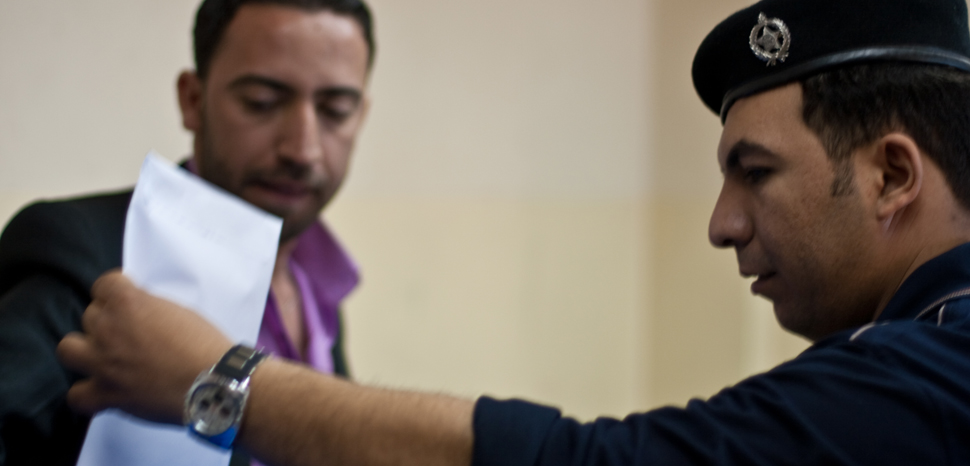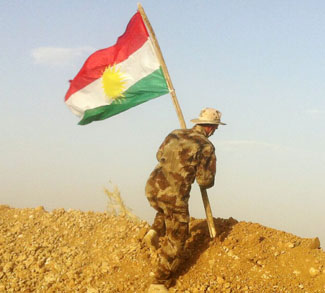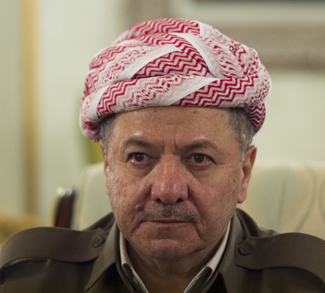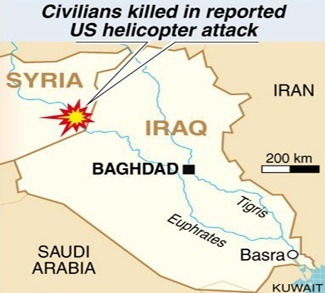Summary
With 91% of the votes counted, Muqtada al-Sadr’s Sairoon Alliance of Shia is leading in Iraq’s elections. It’s trailed by the Iran-backed Fatah Coalition in second and Prime Minister al-Abadi’s Nasr Coalition in third.
al-Sadr’s strong showing comes as a surprise to many who were expecting the incumbent Prime Minister Haider al-Abadi to capitalize on his victory over Islamic State and win another term in office. It would appear that a split vote between Shia parties and widespread dissatisfaction over the country’s economic dire straits were too much for the Nasr Coalition to overcome.
Now the spotlight falls on Muqtada al-Sadr, the controversial Shiite cleric who made a name fighting against US occupation and then the Islamic State. Al-Sadr himself won’t become prime minister since he did not personally run for office, but he will be instrumental in forming the next government. His choices have the potential to recalibrate the delicate Iraq-US-Iran triangular relationship that has prevailed since 2003, with consequences for Iraq, the Iran-Saudi Arabia rivalry, and the region at large.




